How Much Protein Do Female Runners Really Need?
Most of us know that protein is an important part of a healthy diet. But how much protein do women runners really need, and how do we calculate our daily intake?
Protein is one of the three macronutrients (the others being carbohydrates and dietary fat). It’s considered of vital importance to active people, including runners, because it forms the basis of muscle tissue and connective tissue including ligaments, tendons and skin. Without enough protein in our daily diet, our hardworking bodies struggle to recover properly from running training and racing. To perform well (and stay injury free) we need to maintain healthy amounts of lean tissue (aka muscle!). And, when we run a lot, we’re at risk of losing muscle tissue unless our nutrition supports lean mass.
It’s not about getting bigger or musclier. It’s about protecting the muscle tissue we’ve got, so we can run well, stay strong, and have a fired-up metabolism.
Protein is made up of amino acids. Complete proteins contain all the essential amino acids – that is, the ones our bodies can’t make without our help. We must get these essential amino acids from the food we eat (and from sports supplements if we choose to use them). Complete proteins include red meat and poultry, fish, eggs and some dairy.
How much protein do women runners need?
A good rule of thumb is to take your body weight in pounds (lbs) and try to get 0.8g-1g of protein per lb of body weight. Remember, that’s 1 gram of the macronutrient protein, not one gram of the food’s weight. For example, a chicken breast might weigh 150grams, but it’s not 150g of protein (it’s 150g of chicken breast). In this example, that 150g of chicken breast represents about 35g of protein.
You can work out how much protein is in the food you eat by checking the food label or – if the food doesn’t have a label (as many natural one-ingredient foods don’t), by using an app like myfitnesspal.
Let’s say a female runner weighs 10 stone (140lbs). To eat enough protein to support her running, recovery and general health, she’d be looking to eat around 110-140g of the macronutrient protein every day.
That might look something like this (we’ve only noted the protein amounts – obviously all of these meals and snacks will also include carbohydrates and fats):
Breakfast: Porridge with nuts, seeds and berries (15g protein)
Snack: Oatcakes with peanut butter (15g protein)
Lunch: Tuna/Chicken pasta with chopped veggies mixed in (35g protein)
Snack: Small pot of Greek yoghurt (20g protein)
Dinner: homemade mince dish like chilli, with potatoes and veg (35g protein)
If you struggle to find ways to eat enough protein, try adding chicken, turkey or a little red meat to your daily intake, eggs, fresh or tinned fish, dairy products or protein powders/protein shakes.
Windsor Women’s 10k Saturday 28th September Click here to enter today
Similar Posts:
- How Much Protein Do Female Runners Really Need?
- Do Female Runners “Need” Protein Supplements?
- Protein For Women Runners: What, When, How Much?
- 8 Amazing Protein Foods For Running And Weight Loss
- Pasta’s back on the menu for 2017
- A Runner’s 7 Rules For Fat Loss

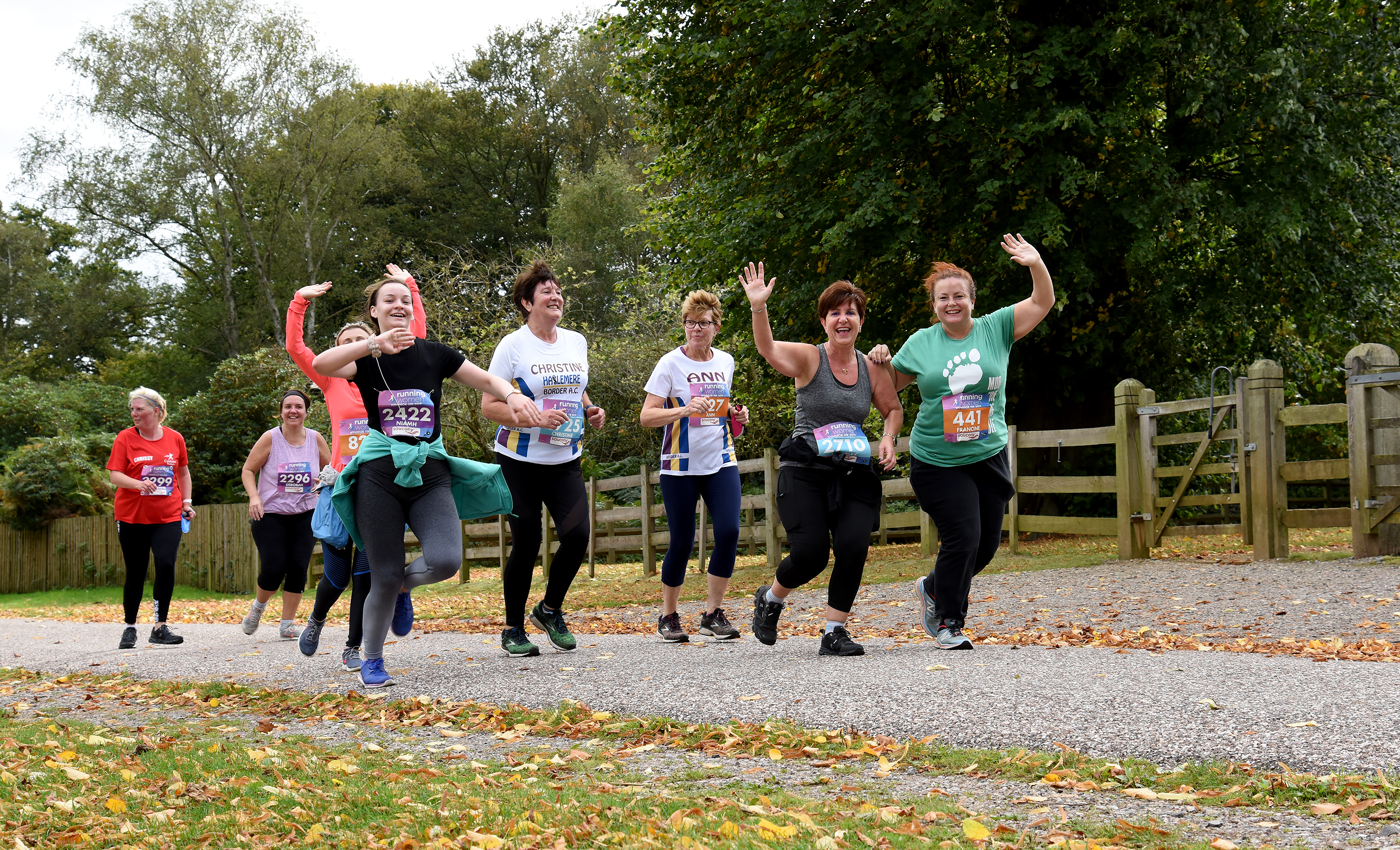
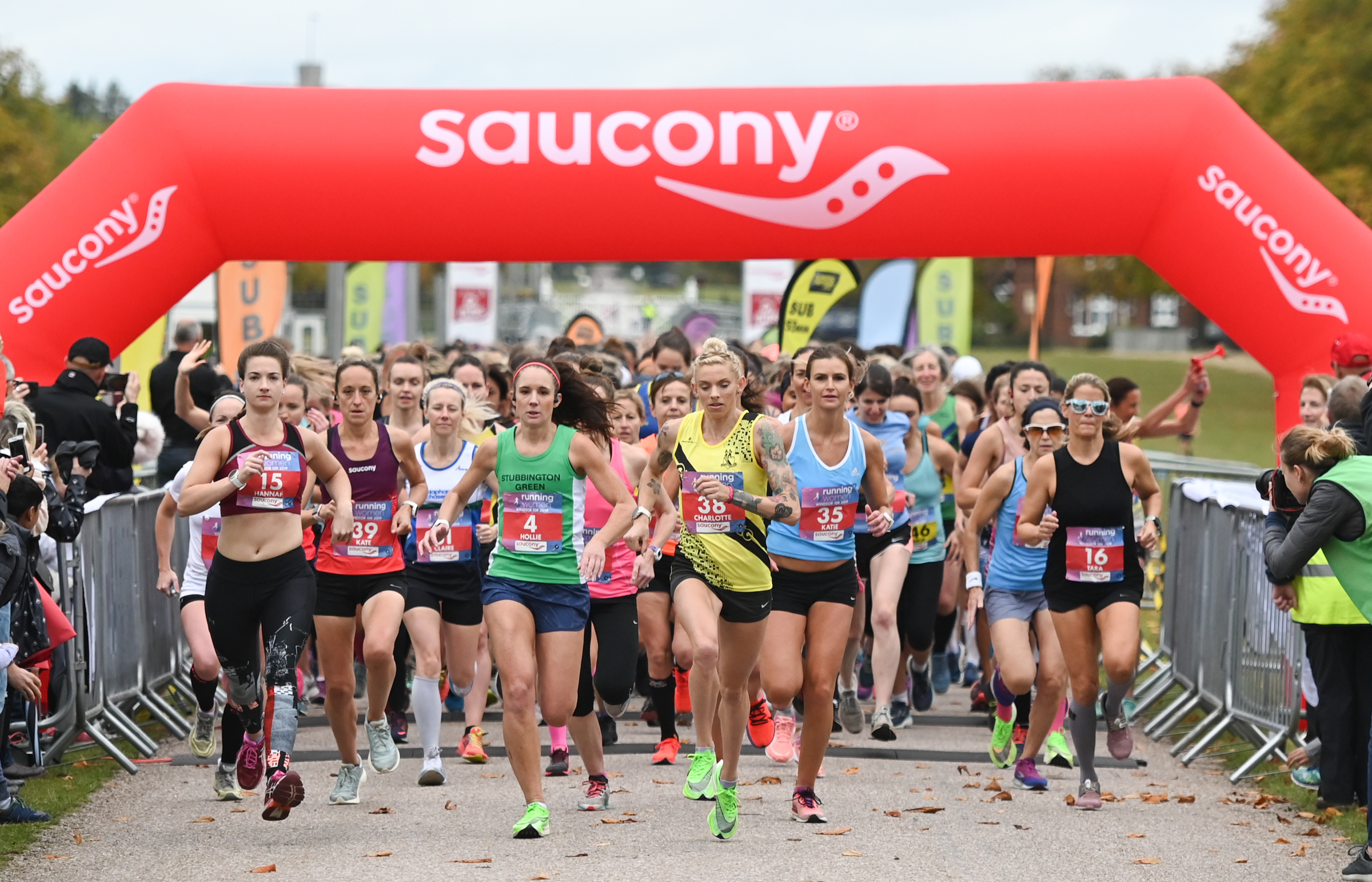
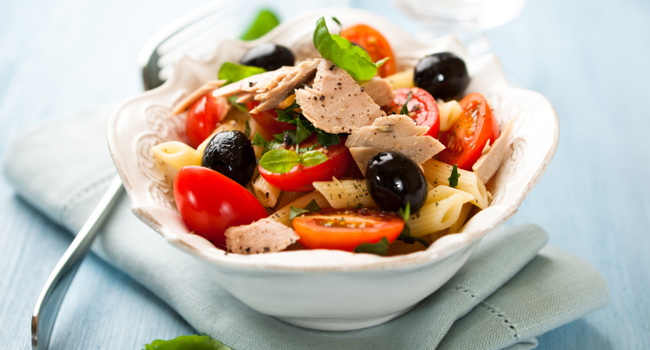
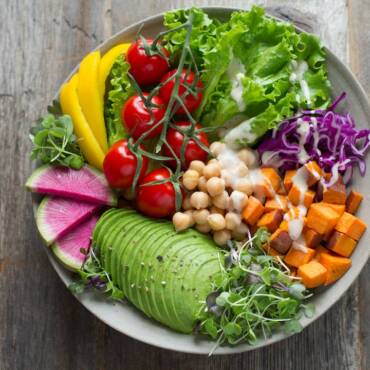
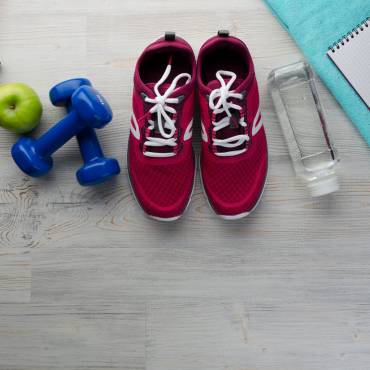
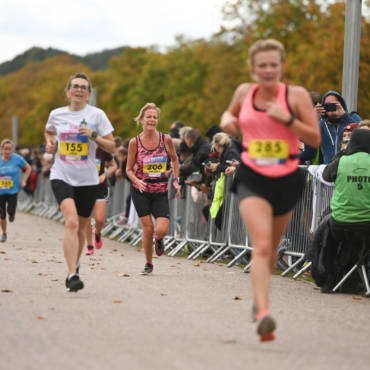
Add Comment